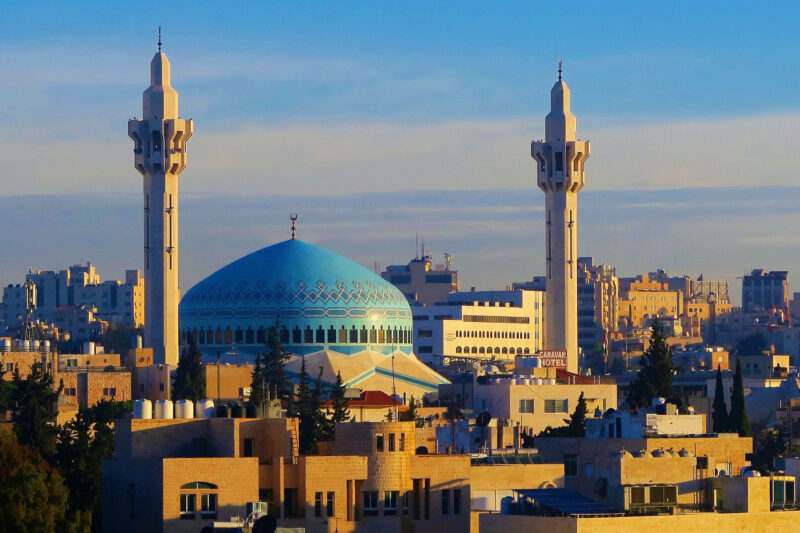About United Arab Emirates
The United Arab Emirates (UAE) serves as a vital nation in the Arabian Gulf, boasting advanced infrastructure, transportation, and communication systems. It is an ideal location for conducting business, providing easy access to global markets. Among the seven emirates, Dubai is the second largest and stands out as the UAE’s premier international city, financial hub, and commercial centre.
United Arab Emirates Overview
The UAE, located on the eastern coast of the Arabian Peninsula, is a constitutional federation of seven emirates and serves as a hub of innovation rooted in Arab and Islamic heritage. Known for its luxury, the country features opulent hotels such as the Emirates Palace in Abu Dhabi and the Burj Al Arab in Dubai. It hosts the region’s premier arts, film, literature, and food festivals and benefits from a strategic geographic location that connects Africa, the Middle East, Asia, and Europe.
Dubai
As the second-largest emirate, Dubai showcases a blend of historical and contemporary landmarks, including the Dubai Museum, Hatta Heritage Village, Burj Khalifa (the tallest building in the world), The Dubai Mall (the largest shopping centre), and Palm Jumeirah (the largest artificial island). The city has a significant expatriate community and is recognized as the UAE’s leading international city, financial hub, and commercial centre. Additionally, Dubai is known for its ambitious projects, such as the Dubai Marina and the upcoming Dubai Creek Tower, which aims to surpass the Burj Khalifa in height.
Abu Dhabi
Abu Dhabi, the capital, is home to the stunning Sheikh Zayed Grand Mosque and Yas WaterWorld, located near the famous Ferrari World theme park. Jebel Hafeet is the emirate’s highest mountain, while the Al Ain date palm oasis has been acknowledged by the UN’s Food and Agriculture Organization for its significance in biodiversity and cultural heritage, earning the designation of a Globally Important Agricultural Heritage System. The emirate also hosts the Louvre Abu Dhabi, a cultural landmark that reflects the UAE’s commitment to fostering arts and education.
Compeitiveness on the Global Stage
In the IMD World Competitiveness Ranking, which evaluates a country’s ability to enhance the prosperity of its citizens through economic well-being, the UAE ranked 9th in 2021. Key performance indicators included innovation, digitization, welfare benefits, and social cohesion. The UAE has consistently maintained a top-10 position among competitive countries for four consecutive years, achieving 3rd in government efficiency, 4th in economic performance, and 7th in business efficiency. The country’s focus on innovation is evident in initiatives like the UAE Vision 2021, which aims to create a knowledge-based economy.
Residents enjoy the benefits of a robust environment for innovation and entrepreneurship, along with a commitment to arts, culture, and education, contributing to a high quality of life. Furthermore, the UAE’s diverse workforce and cosmopolitan lifestyle make it an appealing destination for expatriates from around the globe.
Econoic and Business Environment
The UAE’s GDP reached AED 1.489 trillion in 2021, exceeding international economic forecasts and establishing it as the highest in the region. The federal government has received high credit ratings from Fitch Ratings Inc. (AA- with a stable outlook) and Moody’s (AA2), indicating strong economic credibility. Real estate investments are considered valuable, and the UAE ranks among the top 30 globally for ease of doing business. While VAT was introduced in 2018, the nation does not impose personal income, capital, net worth, or withholding taxes, apart from certain domestic banking and oil sector levies, and has several double-tax treaties. The establishment of free trade zones and business-friendly regulations further enhances the investment landscape.
Commitment to the Environment
With over 5,000 km² of protected land, the UAE’s diverse natural environment includes sand deserts, dunes, oases, valleys, beaches, mountains, mangroves, and salt flats, supporting a thriving ecotourism sector. The Environment Agency – Abu Dhabi (EAD) has implemented a ban on single-use plastic bags effective from June 2022 and plans to phase out single-use styrofoam items by 2024. In addition, the UAE is investing in renewable energy sources, including solar and nuclear power, to promote sustainability and reduce its carbon footprint.
Leading Innovator in Space Exploration
The UAE has made significant strides in space innovation, being the first Arab nation to reach Mars. The Hope probe successfully entered Mars’ orbit on February 9, 2021, as part of the Emirates Mars Mission, aimed at studying the Martian atmosphere. The UAE also plans to launch a lunar rover by 2024 to explore the moon, focusing on the thermal properties of its surface and soil composition. Furthermore, the country aims to establish the first habitable human settlement on Mars by 2117, spearheaded by the Mohammad Bin Rashid Space Centre, which is preparing a 100-year plan for this ambitious project. The UAE’s commitment to space exploration reflects its broader goals of technological advancement and global leadership in scientific research.

